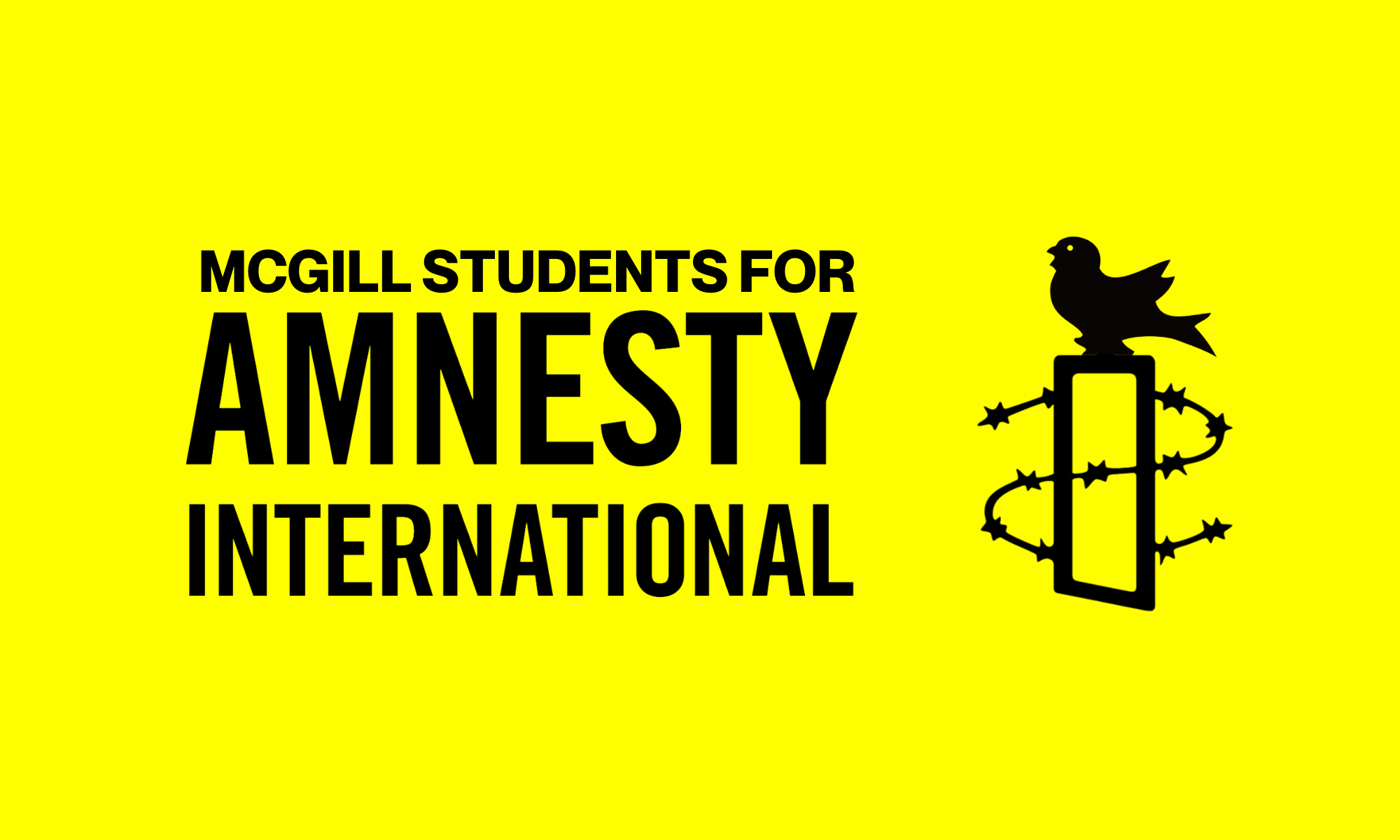by: Marie-Alix Depuydt
The FIFA world cup: a global event occurring every four years, where countries play it out to become the next world champion. This year, in 2022, Qatar was selected as the host country in the hopes of bridging the gap between the Arab world and the West and attracting tourists and greater wealth. In order to enable the proceeding of the world cup, the country had to construct eight new stadiums, hundreds of hotels, new metro systems, and more, costing a total of $220 billion. Even though the cup brought 1.2 million tourists to Qatar, it drew immense media scrutiny and international commendation. This is due to the high number [30,000] of migrant workers [coming from Bangladesh, Nepal, and India…] hired to specifically build stadiums. Since 2010, when Qatar won the bid for hosting, 6500 workers have died as a result of inhumane conditions, such as unclean accommodation, withheld wages, confiscated passports, and being forced to pay immense recruitment fees. FIFA, the responsible agent, did not act sufficiently and in accordance with the UN’s guiding principles to protect workers from abuse, deaths, and injuries.
Moreover, not only are migrant workers poorly treated, but LGBTQ+ also attain less than adequate human rights in the country. Qatar represses the rights of lesbian, gay, bisexual, and transgender people, and punishments such as conversion therapy or ten years of prison exists for any consensual same-sex relations. Last October, authorities arrested six citizens, and all were subject to severe beatings and sexual harassment whilst in detention. International fans have even been told not to wear rainbow shirts or refuse entry as a result. However, one did manage to run across the pitch of the Portugal vs. Uruguay match with a rainbow flag with PEACE written on it, consequently being banned and revoked his permit. Additionally, players with the “OneLove” armbands were punished by FIFA itself. In response to the draconian human rights in Qatar, several teams boycotted the games, such as Germany, which covered their mouths during pre-match photos; whilst various international fans too decided to stop watching to send FIFA and Qatar a message.
As the world stops watching Qatar, it is in the hopes of many that the country will slowly begin changing its laws and human rights conditions to become a more habitable, equal, and accepting country for all, regardless of sexuality or nationality.
For more information:
https://www.bbc.com/news/world-60867042
https://www.hrw.org/news/2022/11/14/qatar-rights-abuses-stain-fifa-world-cup
https://www.vox.com/2022/12/3/23477966/qatar-anti-lgbtq-fifa-world-cup

